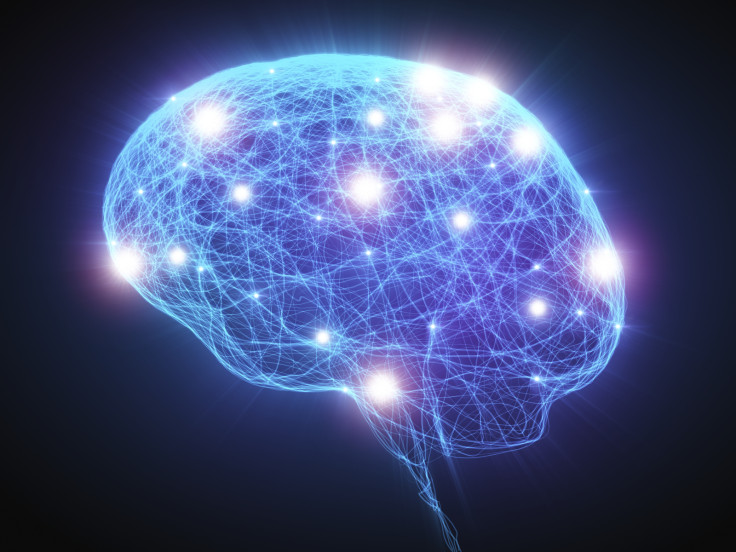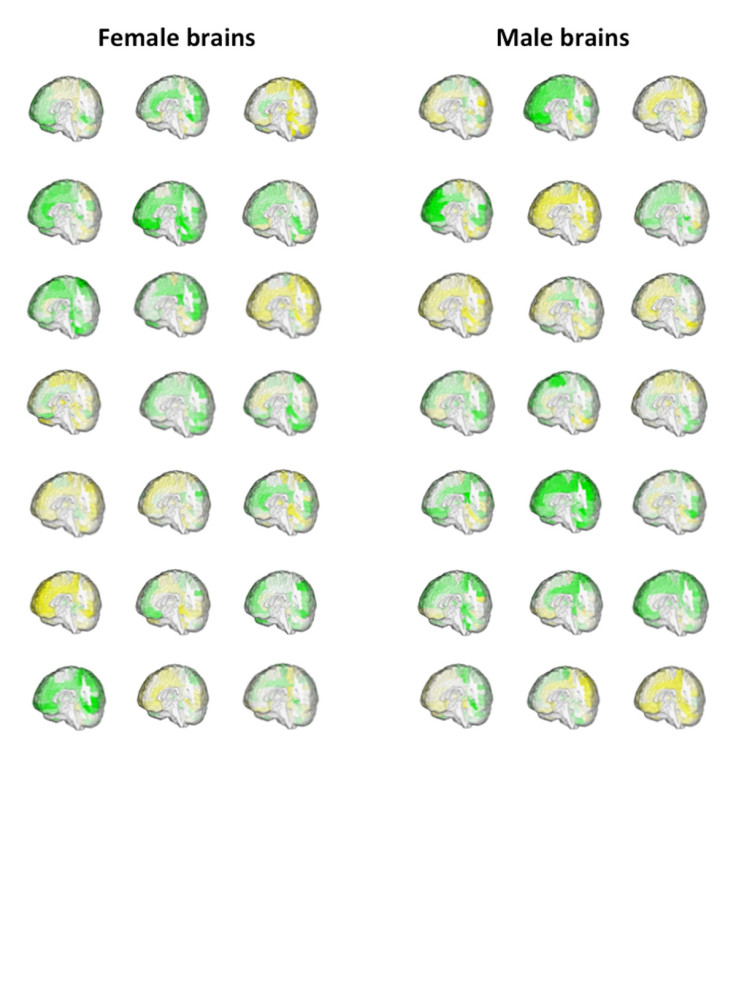Male and female brains are basically the same with no evidence of sexual dimorphism in 1,400 MRIs

Male and female brains are no different, but are instead made up of a "mosaic" of male and female traits, a study has found. Researchers from the University of Tel Aviv studied 1,400 human brains looking for sexual dimorphism in the structure and found they "cannot be categorised into two distinct classes".
The idea male and female brains are different has long been discussed. For example, research from Cambridge University in 2014 suggested men and women had structurally different brains, with men having larger total brain volume and higher tissue densities in several areas, including the left amygdala and hippocampus.
However, the Tel Aviv team's findings showed that overall, the structure is generally the same. In their study, published in the journal PNAS, the scientists looked at MRI brain scans of 1,400 human brains from four data sets.
They identified a subset of brain regions that differed most between men and women, analysing features like volume and tissue thickness. They then focused on traits that showed the biggest differences, determining whether each area was more at the "female end" (where it was found more in females) or "male end" (where males were more prevalent).

Findings showed that it was rare to find a male or female with an entirely female-end or male-end brain. Instead, people tended to have a "mosaic" of both. Between 23% and 53% of brains had at least one male score and one female. In comparison, between 0% and 8% had all an all-male or all-female score.
Consistent traits are extremely rare
"Sex/gender differences in the brain are of high social interest because their presence is typically assumed to prove that humans belong to two distinct categories not only in terms of their genitalia, and thus justify differential treatment of males and females," they wrote. "Here we show that, although there are sex/gender differences in brain and behaviour, humans and human brains are comprised of unique "mosaics" of features, some more common in females compared with males, some more common in males compared with females, and some common in both females and males."
They said the results are backed up by analysis of personality traits, attitudes, interests and behaviours, which shows "internal consistency is extremely rare. Our study demonstrates that, although there are sex/gender differences in the brain, human brains do not belong to one of two distinct categories: male brain/female brain," they said.
© Copyright IBTimes 2025. All rights reserved.






















